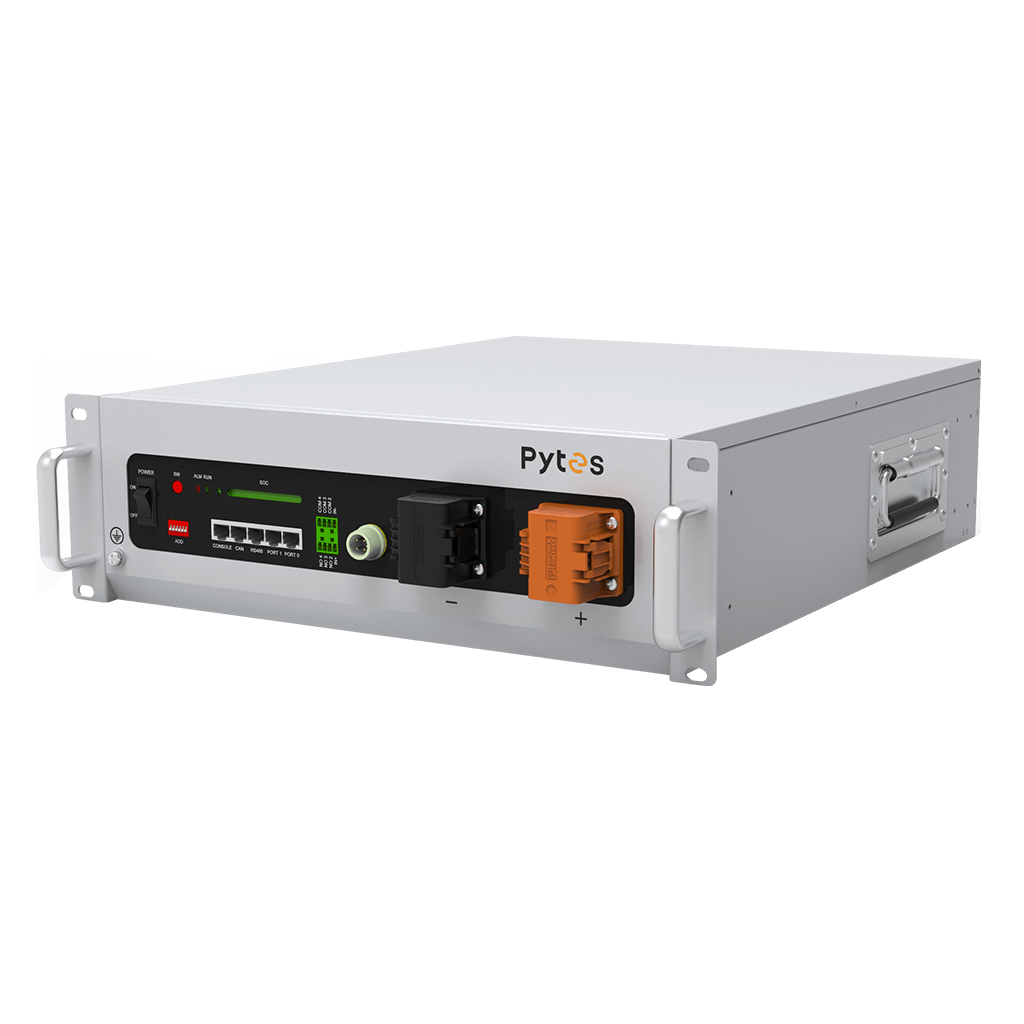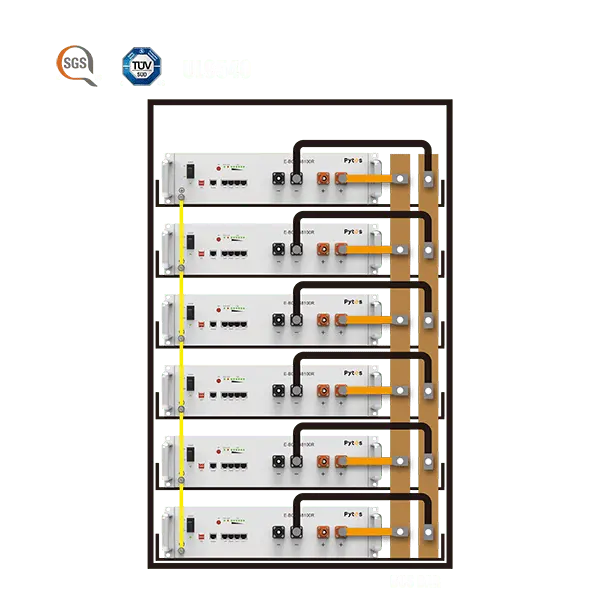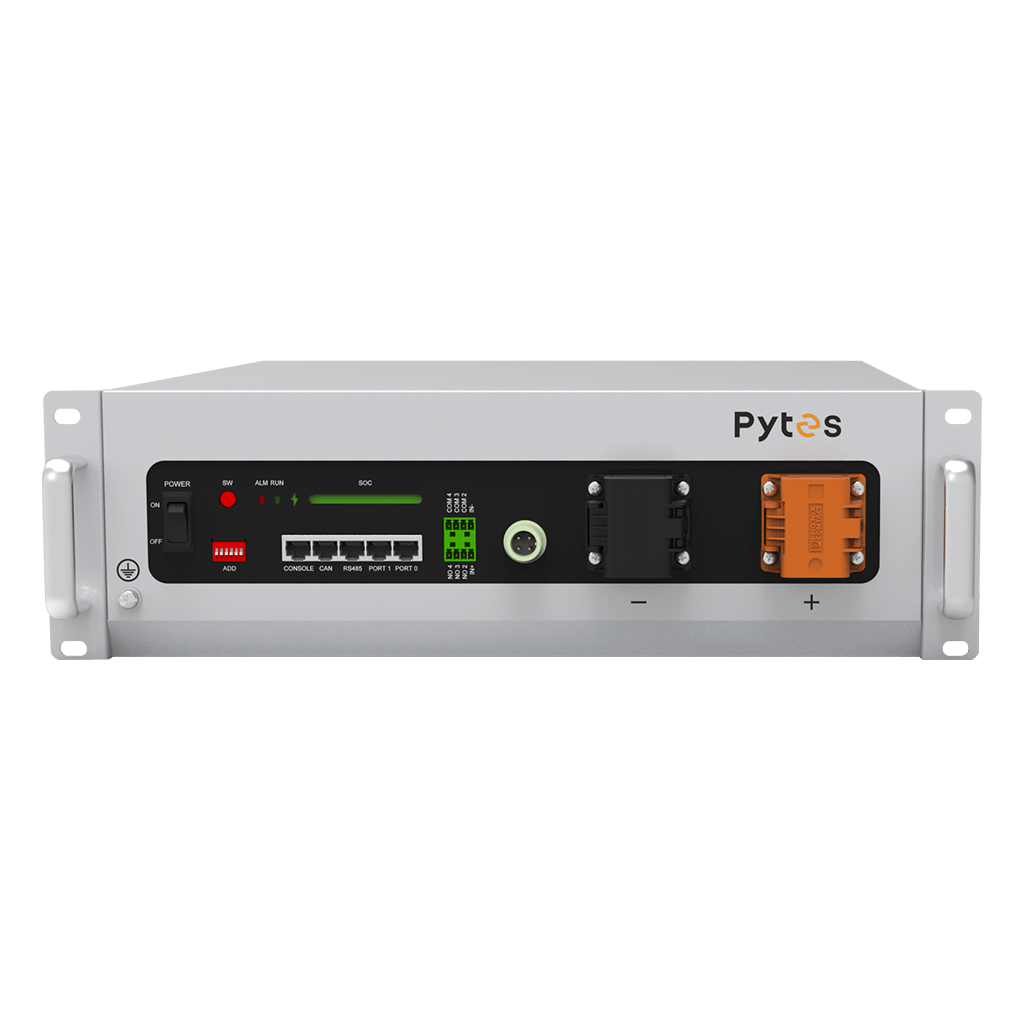Harnessing solar energy is a smart clean energy solution. It is wise to harvest it for future use. When combined with photovoltaic (PV) panels in a "solar + storage" system, solar batteries enable users to store, control and use solar energy as efficiently as possible.
Solar+Storage combines solar panels and battery storage in a connected system for optimal energy management. Solar energy plus energy storage system has the following functions:
First, photovoltaic panels capture energy from the sun to meet your current load.
Next, the photovoltaic panels charge the batteries, storing the extra solar energy you don't need later.
When (and only if) the solar batteries are fully charged, the system exports excess energy back to the grid.
Additionally, when connected to a backup power source, the battery automatically powers critical loads such as refrigerators and the Internet in the event of a grid outage.
In solar storage systems, batteries store excess energy produced by photovoltaic solar panels. Advanced solar plus storage systems are equipped with the latest smart technology to monitor and redirect excess energy to batteries rather than back to the grid. They can also detect needs that cannot be met by PV systems alone and use responsive technology to anticipate and meet your needs.
Solar-Plus-Storage systems use large-capacity solar batteries as storage and backup power. Batteries can be added to an existing solar system or installed at the same time (installed by a registered electrician). When looking into solar energy storage methods, it's important to consider materials, hardware and installation costs, as well as the batteries themselves.

Harnessing solar energy is a smart clean energy solution. Harvesting it for future use is a smart move.
Storing solar energy gives you more control over your resources and your electricity bills. It puts your own needs first and uses expensive grid power as a last resort. With a solar storage system, the energy generated by the photovoltaic panels is fed directly to the batteries and is returned to the grid only after the batteries are fully charged. Likewise, the only time you need to draw power from the grid is when the battery is dead.
Photovoltaic panels often produce more electricity than is available. Unless photovoltaics are paired with solar batteries, excess electricity will be fed back to the grid – “use it or lose it.” The same goes for backup storage. If your battery is not wired for this, excess solar energy will be sent back to the grid. Often, more advanced solar-plus-storage systems can save costs in the long run.
Solar batteries allow you to make the most of your own renewable resources. At night and on cloudy days, a solar plus storage system allows you to power your home with clean solar energy generated on-site. As part of a smart connected system, they also provide backup power during power outages.
When can solar + storage be used?
1. At night and on cloudy days - When your solar panels are unable to produce energy from the sun, your system can draw energy from the battery instead of the grid.
2. During peak demand periods - When electricity is more expensive and the grid is stretched, you can use the energy stored in your battery instead of accumulating kilowatt hours at the highest rate.
3. During a power outage - If the power goes out due to extreme weather or grid stress, a solar battery system connected to backup power will use your stored solar energy for free.

1. Using a time-of-use (TOU) rate plan works to your advantage - by using your own stored energy and avoiding peak demand rates
2. Protect yourself from future changes in electricity bill structure
3. Solar + energy storage projects create new business opportunities
4. Take advantage of solar tax credits, incentives and policy opportunities
5. Reduce your carbon footprint - Use stored solar energy as backup power instead of noisy diesel generators.
Once you understand how solar photovoltaic panels and solar cells work, it is easy to understand how the overall solar plus energy storage system works.
Solar photovoltaic panels work by capturing the sun's energy. As this energy passes through the inverter, it is converted into usable electricity to meet your immediate needs. Any remaining solar energy will be fed back into the utility grid (unless you have solar battery storage).
Solar cells work by storing solar energy generated by photovoltaic panels. When your photovoltaic panels produce more power than you need, the excess power charges your batteries. When the panels are at rest (such as at night or on a cloudy day), you can automatically draw power from the batteries to use your own solar energy instead of paying the power company.

Lithium-ion batteries (the battery technology used in laptops and electric cars) are the industry standard for connected solar-plus-storage systems, while lead-acid batteries are primarily used in off-grid solar. Although lead-acid batteries are cheaper upfront, lithium-ion batteries are more energy efficient, have greater storage capacity, and last longer. Cost analysis shows that its life cycle costs are also lower due to its long service life.It is recommended that everyone refer to Pytes new LFP battery-V5° or Pytes E- Box-48100R.
Pytes V5° is a new rechargeable Lithium Iron Phosphate battery developed and manufactured by Pytes and is a home solar battery storage system with a smart app. Currently, Pytes V5° is UL 9540 certified and compatible with most inverters on the market.
E-Box-48100R is an excellent energy storage battery product designed, developed and produced by Pytes. This advanced solar cell storage provides safer and more efficient energy storage for solar panels, maximizing the benefits of solar panel energy storage.
One of the highlights of the E-Box-48100R is its compatibility with most of the leading inverters on the market. Regardless of the make or model of inverter, this solar battery storage system can be seamlessly integrated into a user's existing setup. This versatility comes in handy for homeowners looking to upgrade their energy storage capabilities without having to replace their entire solar system.

Storage plays a pivotal role in addressing the intermittency challenge associated with solar energy. Solar-plus-storage systems offer enhanced reliability, grid independence, and time-of-use optimization, making them a compelling choice for a sustainable energy future.